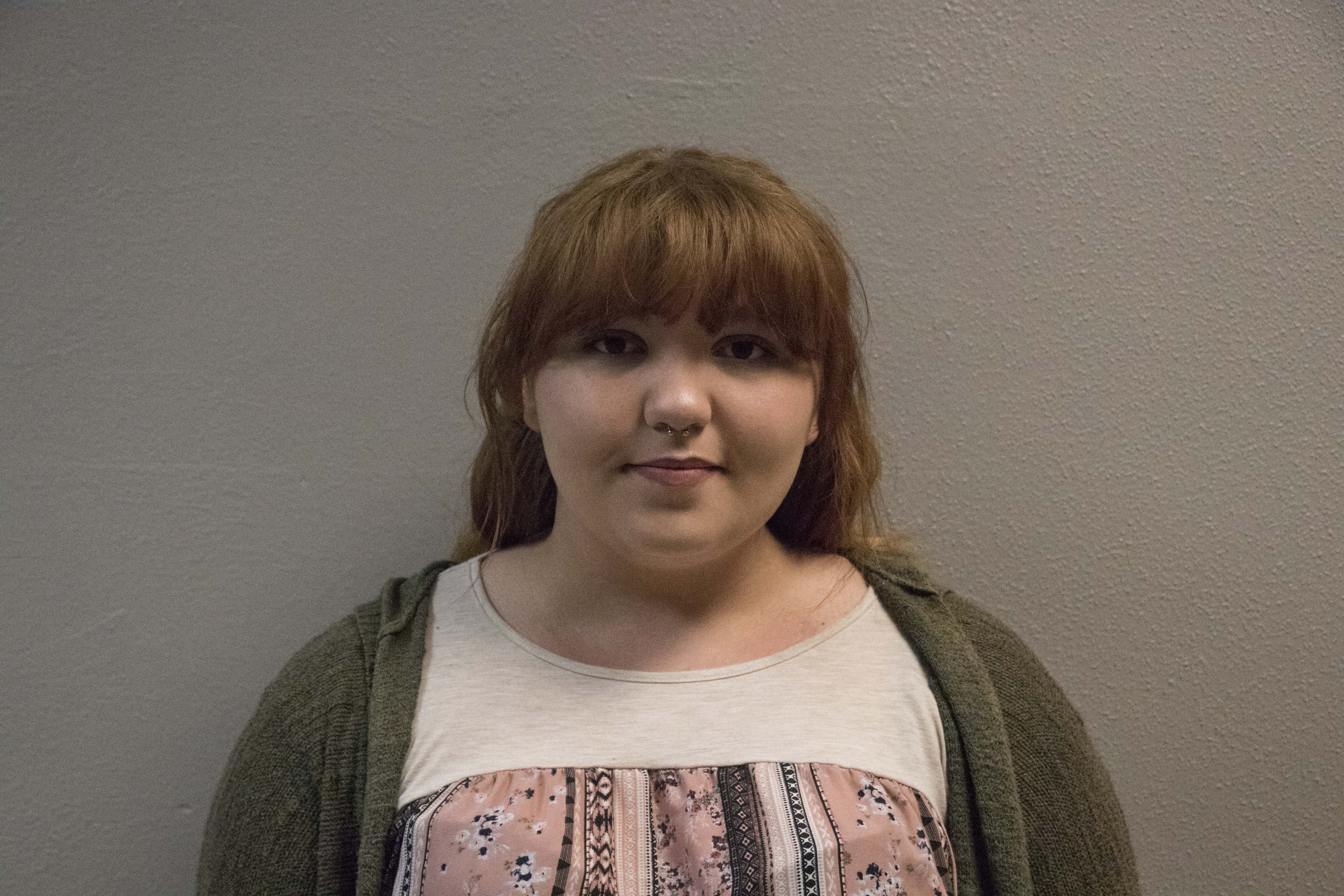
Parents should vaccinate their kids
Earlier this month, Rebecca Bredow was sentenced to seven days in a county jail for ignoring a court order to vaccinate her 9-year-old son due to her religious beliefs.
People have many reasons as to why they feel they do not want to vaccinate their children. While Bredow was avoiding vaccination due to religious beliefs, many people have also voiced their concerns about giving children immunizations, as they fear it may be linked to Autism Spectrum Disorder (ASD).
ASD is a developmental disability caused by differences in how the brain functions. ASD may affect how people communicate, interact, behave and learn, although different people with autism may experience different symptoms. This is why it is known as a spectrum disorder.
Studies have shown there’s no link between receiving these immunizations and developing ASD.
A report from the Institute of Medicine in 2011 studied eight vaccines given to both children and adults, and found, with rare exceptions, these vaccines were very safe. This study further proved that parents shouldn’t be worried about making sure their children are being vaccinated.
Parents really need to be vaccinating their children, and there are many reasons why.
First, immunizations have contributed greatly to preventing deaths — mostly in children — and to rises in life expectancy and economic development. Children’s immune systems are sometimes too weak to fight off common illnesses, and, with immunizations, can be protected against them.
Every $1 invested in immunization returns an estimated $10 in health care savings, according to one study. So, overall, immunizations are also saving people money. Immunizations cost less in time and money than the cost in time off of work to care for sick children, medical costs and possible long-term disability care.
Second, immunizations can save a child’s life. Some diseases that once killed thousands of children have been eliminated due to vaccines. For example, polio and smallpox are no longer an issue in the United States because of the great success of immunizations.
While a few of these diseases have been eliminated because of the practice of immunization, not all vaccine-preventable diseases have disappeared, making immunization still necessary.
Third, immunizations protect other people one cares about. If a child has the whooping cough or measles and passes it along to a child who is too young to be protected by the immunizations, this can be deadly for another child.
I think students, in the future, should consider this when having children, and get their children vaccinated. It not only protects their own child, but others around them.
If we continue to make sure children are being vaccinated, we may be able to eliminate more vaccine preventable illnesses, as we have done with polio and smallpox, making the world a safer place for everyone.
